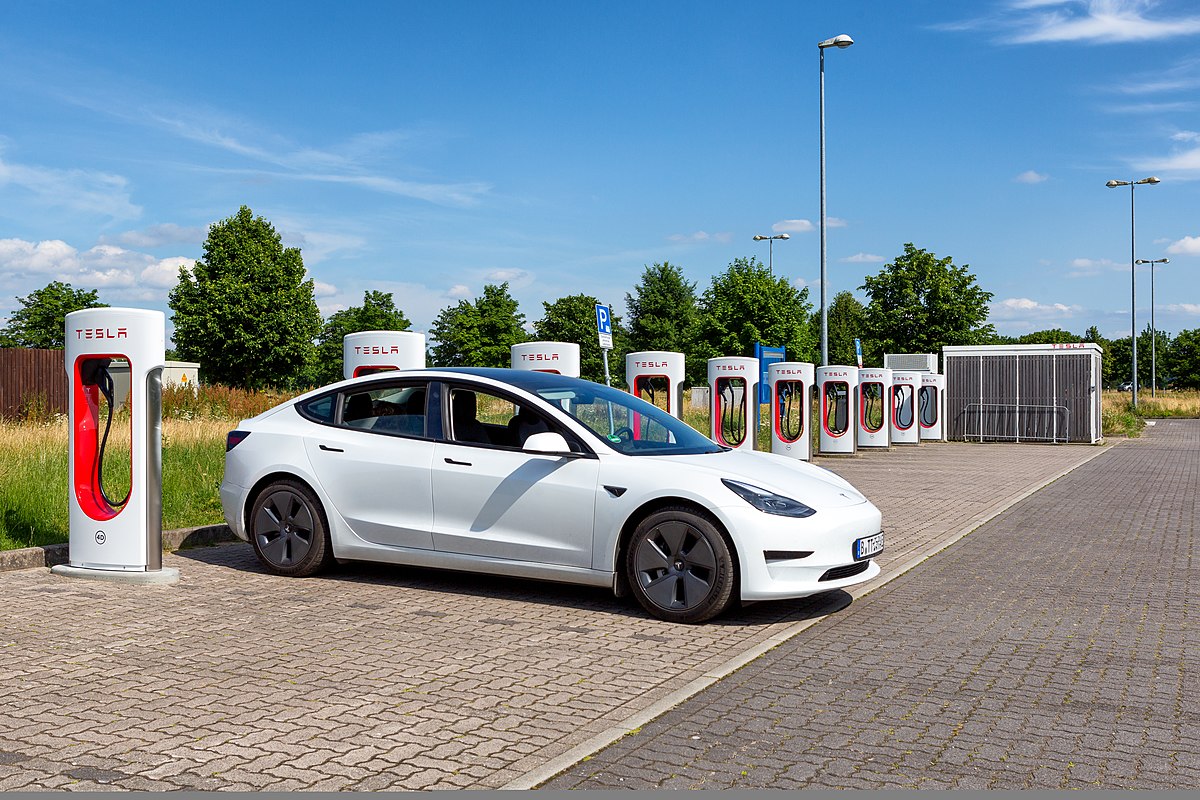
The cost of charging an electric car is typically a fraction than what it costs to fuel a petrol powered vehicle. The costs vary depending on the model of EV, the amount of time you are able to charge your car and the region you live in. At home charging an EV is the cheapest. If you plan to travel for extended periods of time, you may need a public charging point.
It can cost anywhere from $10 to $50 to charge your electric car, depending on where you live and what type of EV it is. These are small costs to enjoy the benefits of owning a EV. You will see the savings immediately and they continue to grow over time. Some utilities offer incentives to EV owner, while others recoup their costs for installing charging stations.

A full recharge for a 300 mile range EV should cost you between $10 and $12. For less expensive options, you can find public chargers, or even go all out and install a Level 2 charger. These wall-mounted panels can be connected to a circuit of 240 volts. These charging stations add 20-40 miles per an hour to your range. They are also the most efficient way to recharge your battery.
The average cost to charge an EV will probably depend on the EV you own, your location and the size of your battery. For the more expensive EVs, you will need a level-2 charger. However, cheaper EVs can be charged at home. A connector kit is included with some EVs that allows you plug your car into a 120V household outlet.
The best way to determine the true cost to recharge your EV is to get a breakdown of your own utility bill. The cost of electricity can be compared to the cost for refueling. You will pay more for the same amount of kilowatts if your electric car has a lower efficiency rating than you might think. Visit your local power plant to get a free estimate.
The weather can have an effect on the price of an EV. In hot climates, charging your EV can reduce its efficiency. In colder climates, it can cost more to charge your EV. You can see the manufacturer’s recommended range and miles to get an idea about how much it will cost you to recharge your EV. Remember that a 1 kWh battery costs as much as a 1 kilowatth of electricity. This is the most efficient, economical, and environmentally friendly way to charge your EV.

You should always take advantage of incentives provided by your local municipality. You may get a federal credit for purchasing an EV. If you purchase an existing EV, your local utility may offer you a rebate. The app will help you to select the most cost effective charging times. It can also save you money monthly.
FAQ
How long does it take you to become a great mechanic?
It takes years of practice and experience to become an expert mechanic. A professional mechanic will teach you how to fix cars.
You will spend time in a workshop learning everything you can about cars. You will need to be familiar with mechanical engineering books about mechanics, car design, and other topics.
Auto school is also required.
It is important to get started early. It doesn't matter if you're old or not to study automotive technology. Start studying automotive technology now to become a mechanic.
How do I fix my car for a hobby?
It's a great hobby to take on if you are passionate about cars. You could repair them yourself, buy parts for them and sell them. Or just have fun with them. It would make a great pastime if you're looking for something different to do.
However, it's not easy to turn this into a full-time career. It takes a lot of dedication and hard work. It requires a lot investment.
If you don't have any good reasons to be involved in cars, it may be better to just let it go.
Is it worthwhile to become a mechanic?
The answer to this question depends on what you want from life if you are looking for money, then yes, but if you're looking for meaning and purpose, then no.
You don't need to be a mechanic if you don't know how. It will not make you rich. It's unlikely that you will be famous. You won't be famous.
You'd need to spend years learning how everything works. It would be expensive to have your car fixed by someone else. That's why most people don't bother doing it at all. They find something better.
To sum up, if you want to earn lots of money then go ahead. You can't live a meaningful existence if your goal is to make a living in the mechanic's business.
Statistics
- 52% of Mechanics in the United States think their salaries are enough for the cost of living in their area. (indeed.com)
- There were 749,900 jobs available for automotive service technicians and mechanics in 2016, which is expected to grow by six percent through 2026. (jobhero.com)
- The U.S. Bureau of Labor Statistics (BLS) reports that the job outlook for automotive service technicians and mechanics is expected to decline by 4% from 2019 to 2029. (indeed.com)
External Links
How To
How to properly diagnose your vehicle for repair
You should first examine the symptoms your car is showing to determine if it requires repairs. Then, follow these steps to diagnose your vehicle properly.
-
Check engine lights. The dashboard light indicators, including the engine light, oil pressure gauge, battery light indicator, coolant temperature gauge and RPM gauge, should be checked. You may have a problem with your vehicle if any of the indicators are flashing for more than a few days.
-
Check the treads of your tires. Tire wear can lead to problems in handling and brake performance. Also, inspect the treads of your wheels. They should be clean and smooth. This can be done by removing the wheels from the vehicle and taking them off. Use a flashlight to see how well the treads are worn.
-
Observe the brake fluid level. Keep track of the brake fluid level in your vehicle. This will ensure your brakes function properly. Your brakes may fail if the brake fluid level drops.
-
Make sure to test the suspension system. A suspension system is designed to absorb vibrations and shocks. It allows for better control, smooth acceleration, and deceleration. It might feel uncontrollable or wobbly if your vehicle is suffering from a suspension problem. To test whether your vehicle has a suspension issue, try putting weight on the front or rear axle and observe the movement.
-
Examine the steering wheel. Steering columns are used to connect the steering wheel to the rest of the vehicle's components. Many accidents can cause damage to steering columns. You should replace the steering column if it is loose or weak.
-
Pay attention to the exhaust pipe. The exhaust pipes transport gases from the combustion chamber to outside. You can let harmful fumes into your home if your exhaust pipes crack or leak. Also, if your tailpipe is bent, you should fix it immediately.
-
Look under your hood. Look underneath your hood to see if anything looks strange. Your engine could be leaking fluids. Also, professional technicians should be called if you detect an unusual smell coming out of your engine compartment.
-
Make sure to check the air filter. The outside environment collects dust and other particles in the vehicle's filter. A dirty filter can lead to a poor vehicle's performance. Replace your air filter regularly.
-
Check the fan belt. Your vehicle's fanbel is what connects the engine and the transmission. If the fanbel breaks, your engine won't turn. It's easy to replace the belt. You only need a screwdriver or pliers to replace your belt.
-
Make sure you inspect the radiator hoses and hoses. The radiator hose carries water from the radiator to the engine. If the hose becomes damaged or cracked, hot liquid can be emitted onto the engine. You only need a pair of needle-nose pliers and a small wire brush to repair the hose.
-
You should inspect the windshield wipers. Windshield wipers use electricity to remove snow and rain. If they stop working, streaks could be left on your glass. Change the washer fluid to fix the problem.
-
The battery cables should be checked. The battery cables provide power for the electrical systems in your car. If you are replacing batteries, disconnect the negative cord first. Failure to do so can damage your alternator.
-
You should check the headlights. Headlights are used to illuminate the road ahead. Bad visibility can be caused by headlights that don't work correctly. You can check the bulbs to make sure they aren't burned out.
-
Check the lights. Lights warn other drivers when you approach them at night. If one doesn't work, it could distract you and lead to an accident.
-
Make sure you check your brakes. Brakes will reduce the speed of your car in case of an accident. If your brakes aren't working properly, you may lose control and crash into other cars.
-
Change the oil. Your engine will stay lubricated by the oil. It helps prevent metal parts from wearing out too quickly. It is recommended that you change your oil at least once per month.